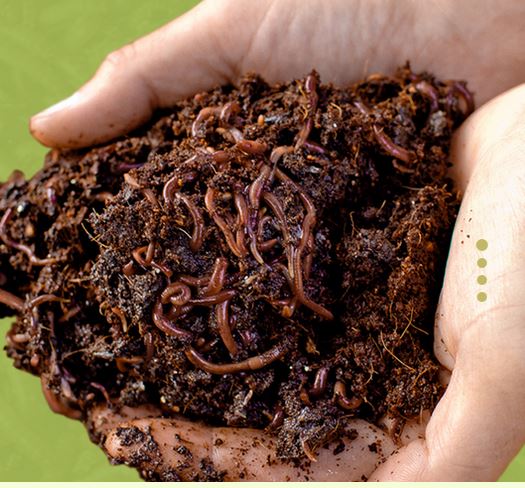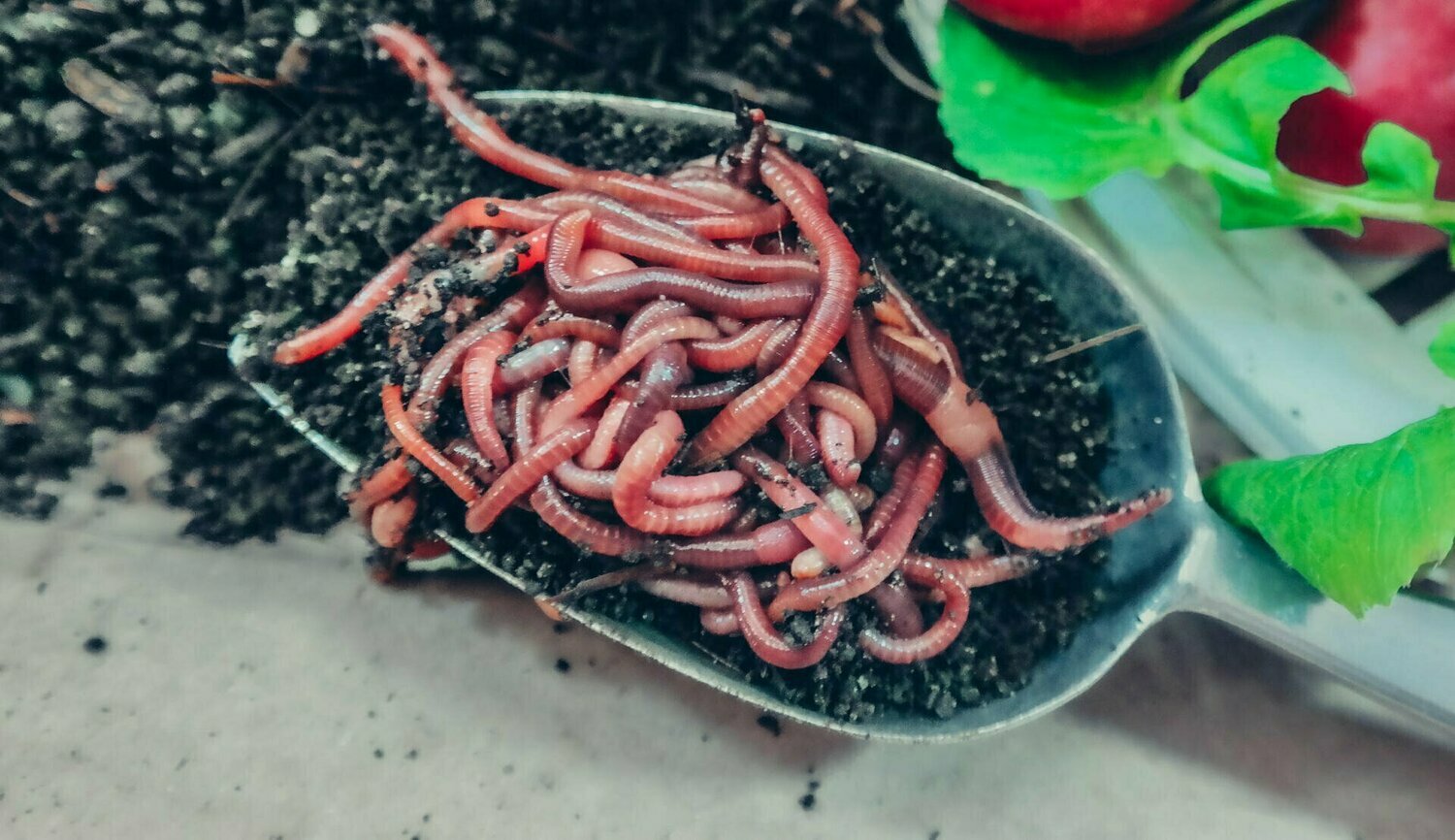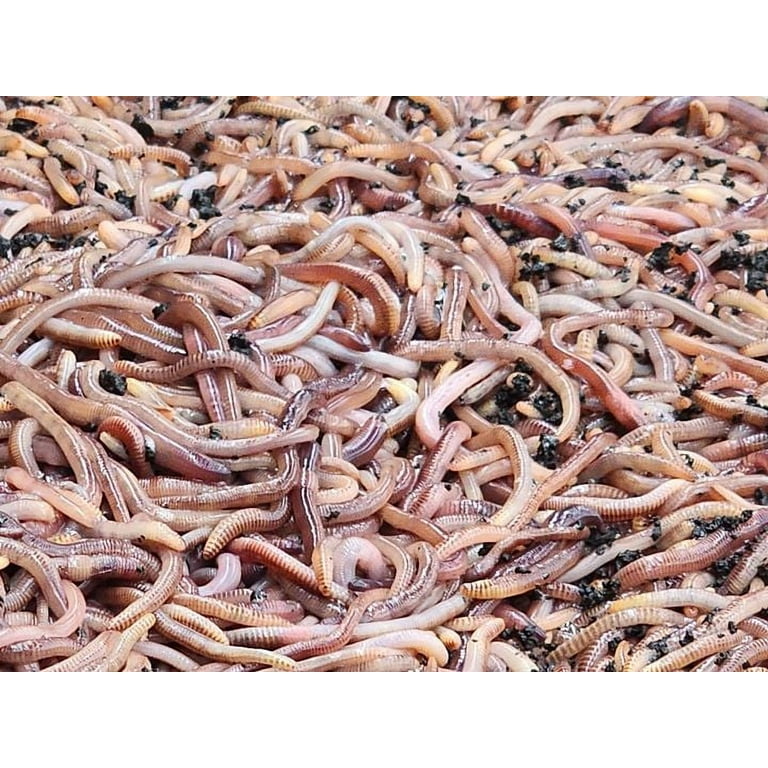Affordable red worms: Care tips for beginners
Affordable red worms: Care tips for beginners
Blog Article
Why Red Wigglers Are Essential for Natural Farming
Red wigglers play a crucial role in organic farming, mostly via their special ability to decompose natural products and improve dirt health. Their task not only improves the dirt with vital nutrients however additionally cultivates a flourishing community important for sustainable farming. Furthermore, the physical processes they engage in, such as aeration and dampness retention, add significantly to enhanced plant returns. Nonetheless, the degree of their influence on farming techniques and soil biology raises appealing questions regarding the future of chemical-free farming. What implications might this have for farming methods?
Role of Red Wigglers in Dirt Health And Wellness

In addition, red wigglers boost soil structure by creating networks as they burrow. These networks enhance aeration and water infiltration, promoting a healthier origin setting. Their activity also helps in preserving optimum wetness levels, which is vital for healthy plant growth.

Advantages of Worm Spreadings
Worm spreadings, the nutrient-rich waste matter produced by red wigglers, function as a powerful modification for chemical-free farming. These castings are brimming with necessary nutrients such as nitrogen, phosphorus, and potassium, which are important for plant development. Unlike artificial fertilizers, worm castings release nutrients gradually, offering a steady supply in time and lowering the risk of nutrient leaching and drainage.
Furthermore, worm castings improve soil structure and oygenation, promoting healthier origin systems. Their high raw material web content enhances dampness retention, allowing plants to much better stand up to dry spell conditions. Additionally, worm castings contain beneficial bacteria that support plant health and wellness by suppressing microorganisms and boosting nutrition uptake.
The application of worm spreadings can result in raised plant yields and boosted top quality of produce, making them an indispensable source for organic farmers. Their usage additionally aligns with sustainable farming methods, adding my link to soil fertility without the negative environmental effects associated with chemical fertilizers. In general, the unification of worm spreadings into agricultural methods cultivates a more resistant and efficient ecological community, emphasizing the relevance of red wigglers in natural farming systems.

Enhancing Nutrient Cycling
(red wiggler farming)Nutrient cycling is an essential procedure in natural farming, and the integration of red wigglers plays a pivotal role in improving this cycle. As red wigglers consume decomposing natural matter, they secrete nutrient-rich spreadings, which are brimming with beneficial microorganisms.
Furthermore, red wigglers help to speed up the mineralization of nutrients, converting them from inert forms right into bioavailable kinds that plants can take in. This procedure is vital for maintaining dirt fertility and advertising healthy plant growth. The visibility of red wigglers also urges a diverse dirt environment, cultivating an equilibrium of nutrients that sustains numerous plant species.
Improving Dirt Framework
The enhancement of dirt structure is essential for promoting a healthy and balanced farming ecological community, and the activity of red wigglers substantially contributes to this improvement. These earthworms play a vital duty in aerating the dirt and producing a network of networks that promote water seepage and root penetration. As they burrow via the soil, red wigglers separate compacted layers, enabling much better oxygen exchange and promoting microbial activity.
In addition, the raw material generated from their waste, referred to as vermicast, improves soil gathering. This procedure develops steady globs of soil fragments, enhancing dirt porosity and lowering disintegration (red wigglers). The presence of red wigglers also encourages the advancement of beneficial fungal networks, which are critical for nutrient uptake by plants
Encouraging Sustainable Practices
Integrating red wigglers into natural farming methods not just improves soil health but additionally advertises sustainable farming techniques. These earthworms play a vital role in nutrient cycling, transforming natural waste into beneficial compost that enriches the dirt. By using red wigglers, farmers can successfully lower reliance on synthetic fertilizers, consequently reducing chemical overflow and its detrimental impacts on ecosystems.
Additionally, the incorporation of red wigglers encourages the technique of recycling natural products, such as kitchen area scraps and farm waste. This waste decrease approach not only reduces disposal prices however also promotes a closed-loop system where nutrients are continually gone back to the soil (red wigglers). Such techniques are vital in minimizing climate change, as they enhance carbon sequestration and decrease greenhouse gas emissions
Additionally, red wigglers improve water retention in the soil, which is vital in times of drought. Their burrowing activities develop channels that enable water to pass through much deeper into the ground, hence promoting reliable water usage. Eventually, incorporating red wigglers right into organic farming not just supports biodiversity however likewise straightens with the principles of sustainable agriculture, providing an alternative method to food manufacturing.
Conclusion
In conclusion, red wigglers play an important function in natural farming by considerably improving soil health and fertility. Therefore, the assimilation of red wigglers right into farming techniques is essential for advertising sustainability and boosting total soil quality.
Report this page